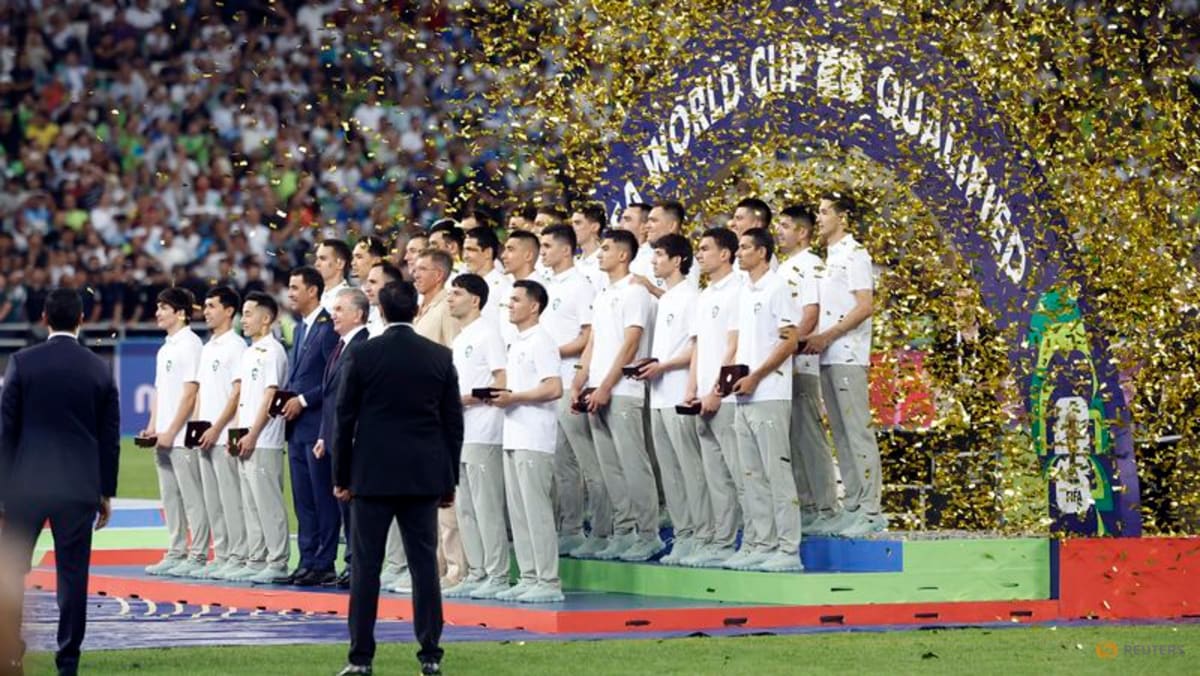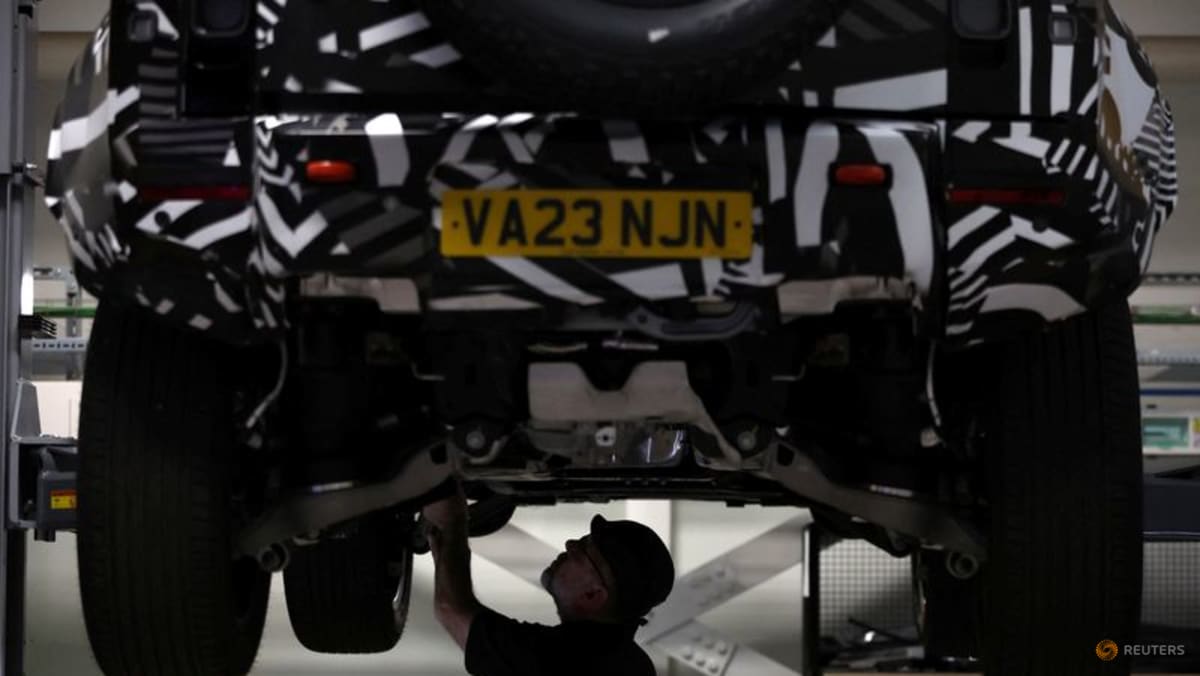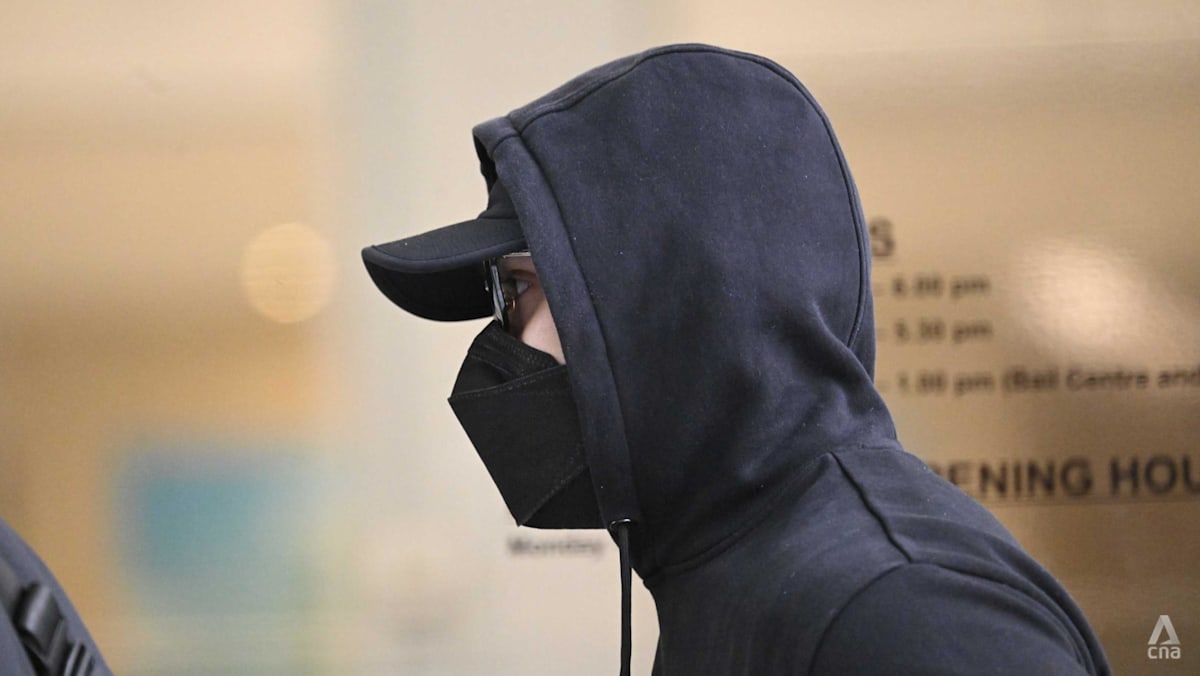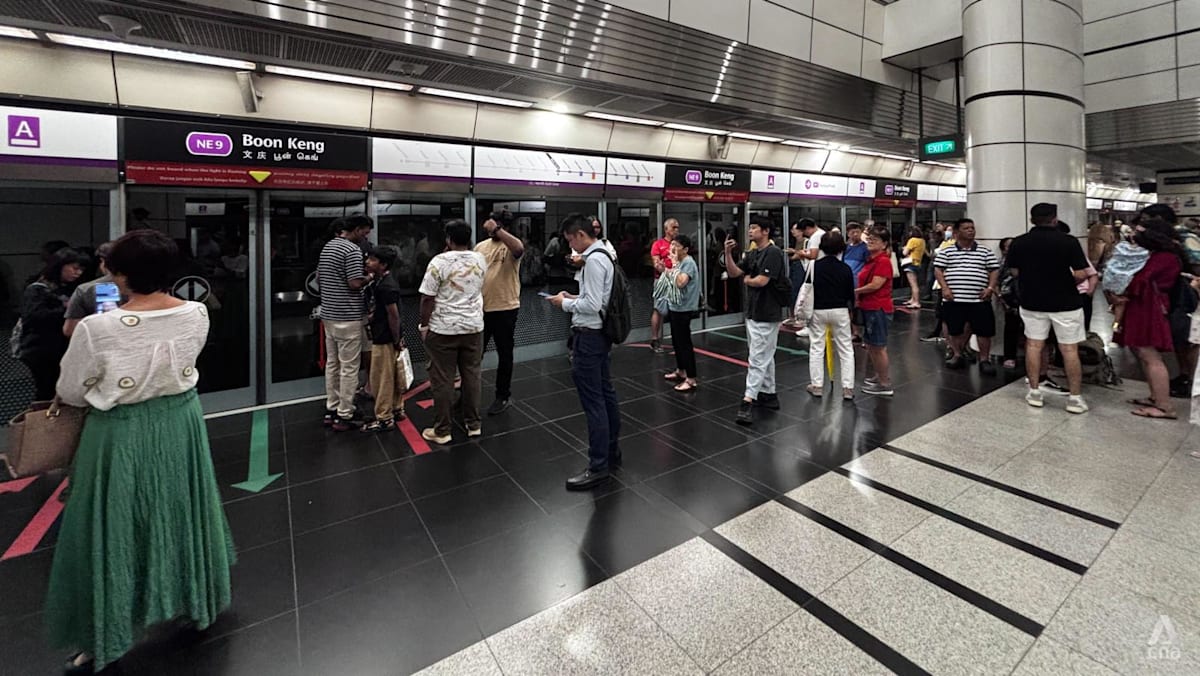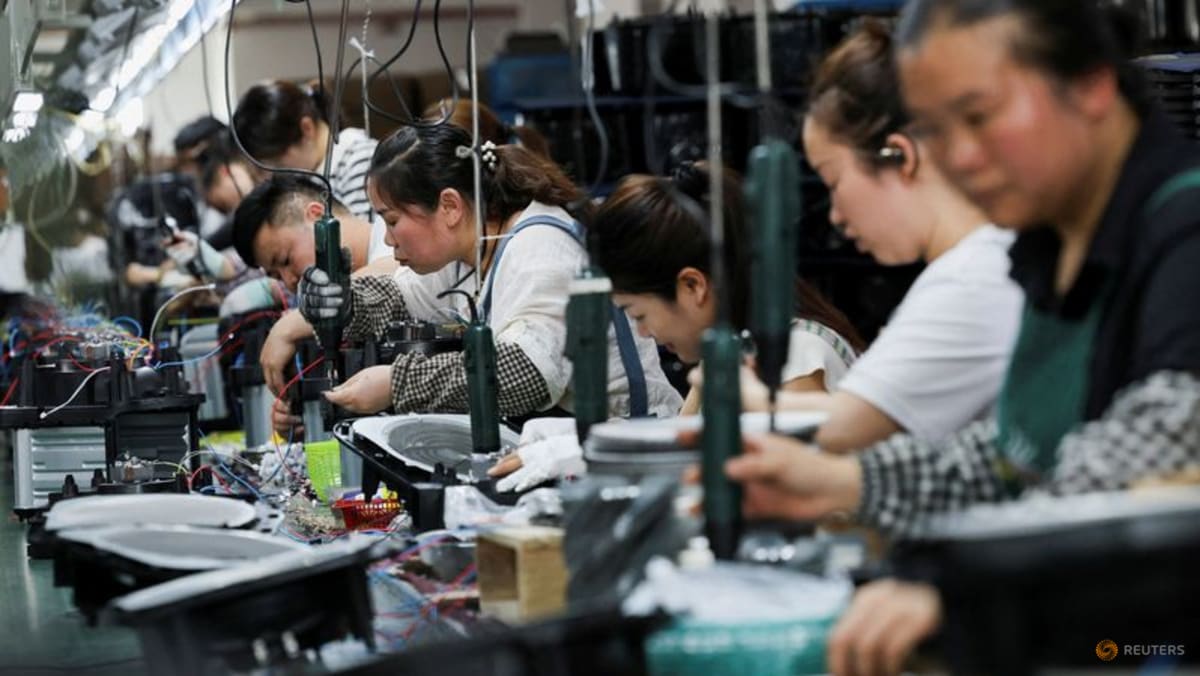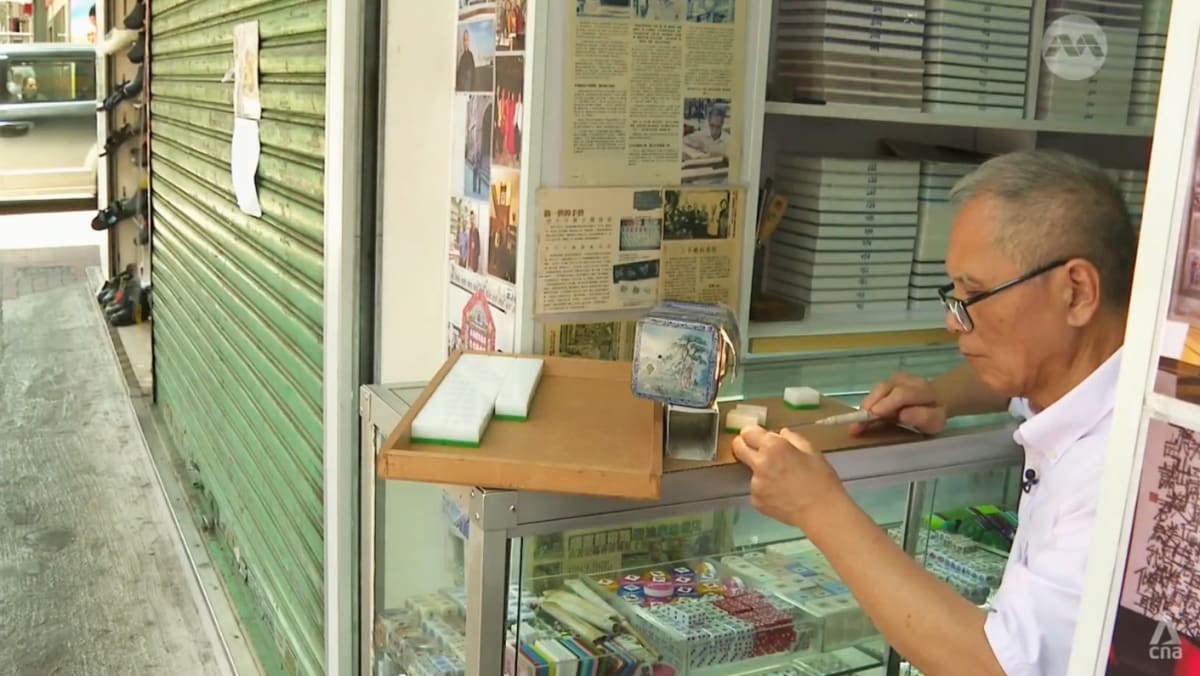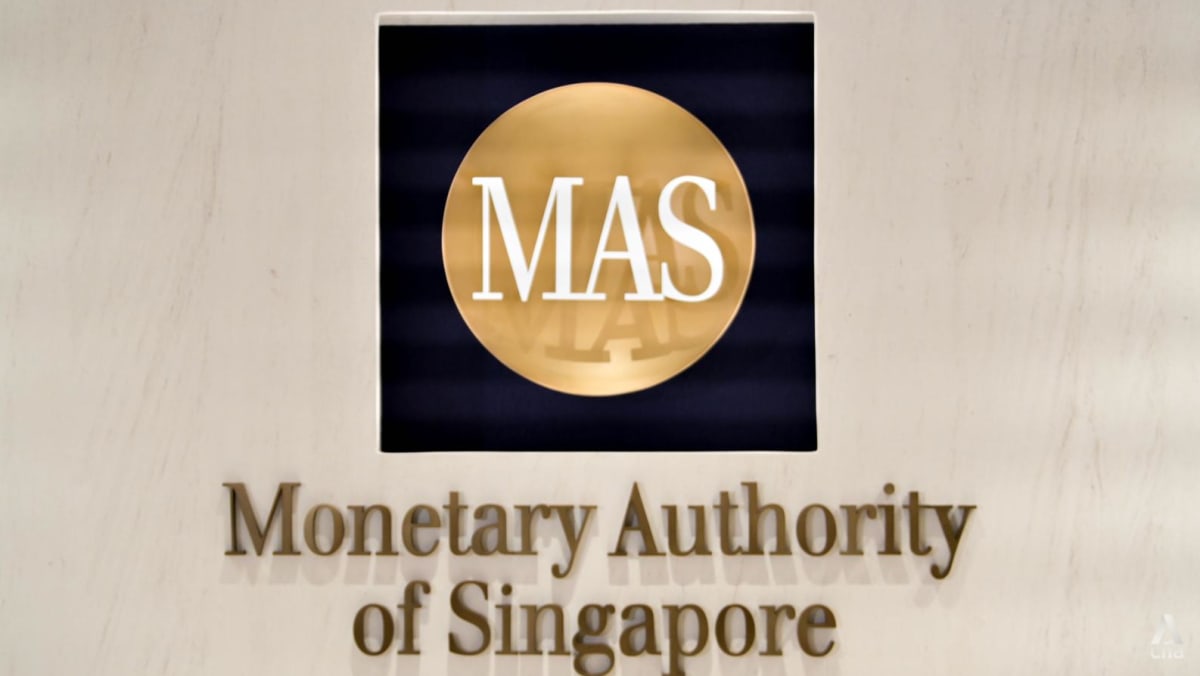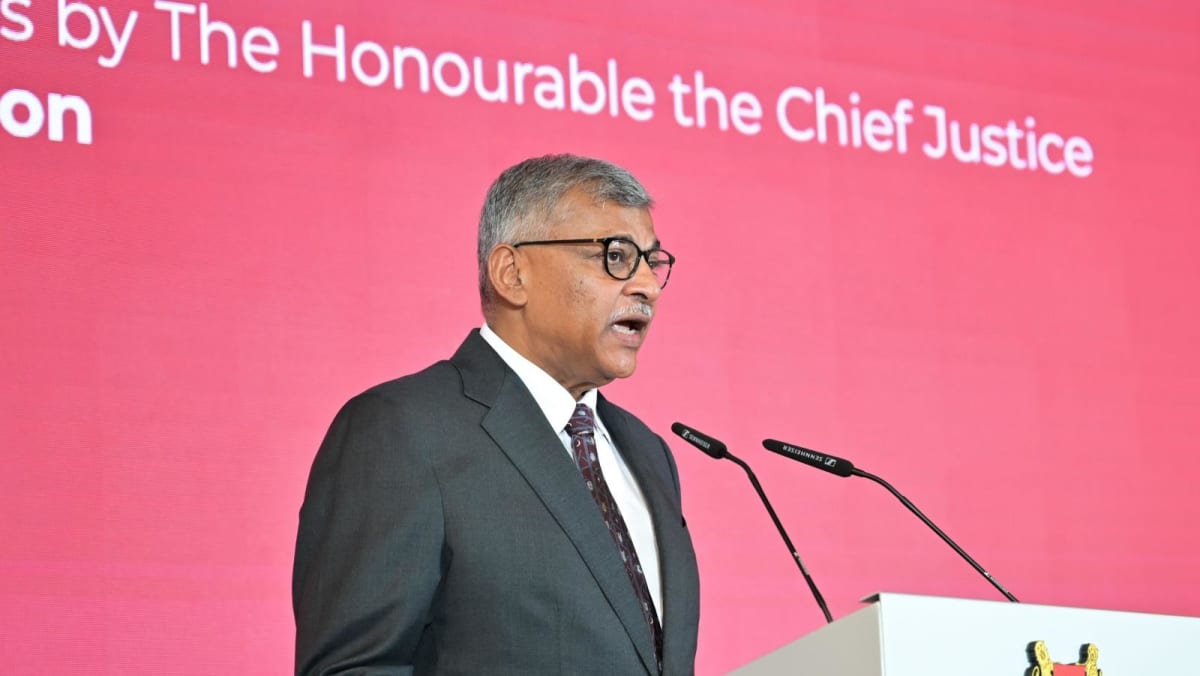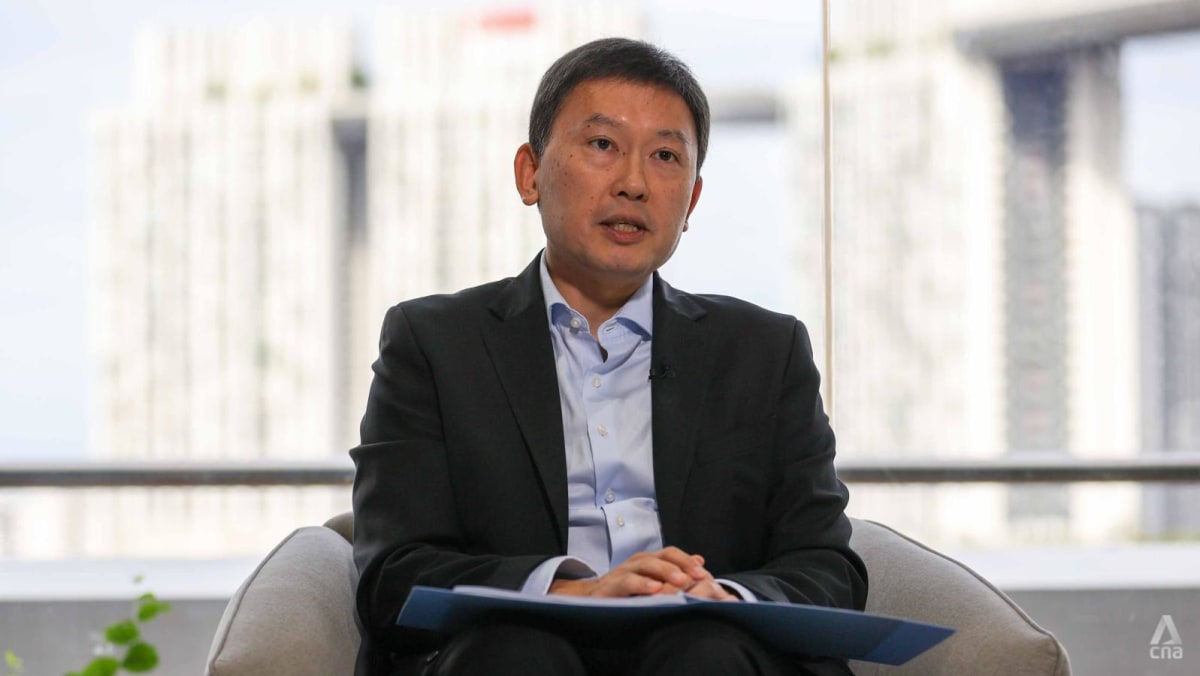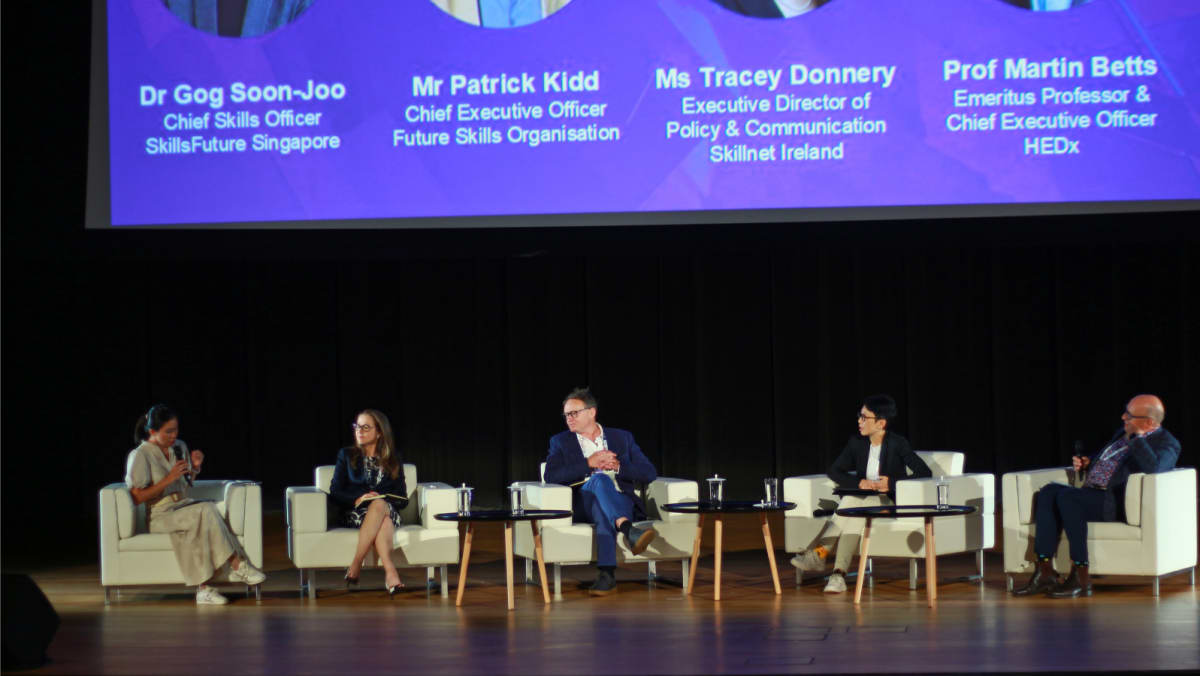Trust between parents and educators enables timely support and lasting success for young learners, says this vice-principal from PCF Sparkletots.
E ven though it’s been five years since 11-year-old Kayvier Soh graduated from preschool, his mother, Ms Tanny Tay, still has fond memories of the care and compassion her child received from Ms Quek Dai Tong, vice-principal of PCF Sparkletots @ Sengkang East Blk 103.
“When Kayvier was younger, he had speech difficulties and we enrolled him into a speech therapy programme based on Ms Quek’s recommendation,” Ms Tay shared. “I trusted Ms Quek to make the right professional decisions based on her understanding of Kayvier’s needs.”
“With full support from Ms Quek and the school, Kayvier made remarkable progress,” Ms Tay added. “Today, he can speak confidently and clearly. This was only possible because of the close collaboration between the school, teacher, therapist and parents.”
Building a culture of trust is something that Ms Quek strongly advocates for – especially as it gives parents peace of mind while empowering teachers to make their own decisions. “This reassures parents that educators are committed to creating a safe, nurturing environment, and that we continuously reflect and fine-tune our practices to better support each child’s development,” she said.

According to Ms Quek, when children see trust between parents and teachers, it lays the foundation for confident, engaged learning.
![]()
![]()
THE POWER OF TRUST
“Trust forms the foundation of open and honest communication,” Ms Quek said. “When parents trust in a teacher’s professionalism, it creates a safe space for teachers to share both positive updates and classroom challenges more openly.”
At PCF Sparkletots, educators build rapport by providing parents with regular updates – from daily check-ins during drop-off and pick-up to biannual meetings to discuss their child’s long-term development. Teachers also create an annual content plan for each child to map their learning journey, and share their learning activities on a communication platform to help parents feel more involved.
![]()

When it comes to working with children with special needs, Ms Quek believes in the value of early identification, timely support and close family partnerships.
For Ms Quek, the importance of strong parent-educator partnerships goes beyond building trust – it can make a meaningful difference in a child’s developmental journey.
She recalls supporting a child who struggled with letter recognition and articulation. “After weeks of observation and informal assessments, I raised my concerns with the parents, who were very open and responsive. A developmental check-up led to a diagnosis of speech delay and dyslexia. With the parents’ support, the child began speech therapy and sessions at the Dyslexia Association of Singapore.”
![]()

At PCF Sparkletots, educators are committed to ensuring every child has a meaningful and enjoyable learning journey.
![]()
The child’s parents would regularly share strategies from the speech therapists, such as guiding tongue placement for sounds like “d” and “g”, allowing her to reinforce these lessons in the classroom.
“Over time, the child became more confident and engaged in literacy activities,” Ms Quek shared. “By the end of the year, he was actively blending letters and participating in class.”
In another instance, Ms Quek worked closely with a family whose child showed signs of communication and socio-emotional difficulties. “Following continuous observation, I recommended a developmental assessment, and he was later diagnosed to be on the autism spectrum.”


Throughout my teaching journey, I have come to deeply appreciate the value of early identification, timely intervention and strong collaboration with families."
Ms Quek Dai Tong
![]()
![]()
The child began early intervention at AWWA, and Ms Quek collaborated with the family to align strategies used at home and in the classroom. “They showed me techniques used by his AWWA teachers, such as using visuals to express emotions and modelling language to help him identify how he felt – tools I used daily in school to ensure consistency. When his family started toilet training, I suggested using visual cues and even played the sound of trickling water to encourage him to use the toilet.
These personalised efforts paid off. “The child became more independent and communicative, and though he has since graduated, his family still visits and shares updates on his progress in primary school. It’s a heartwarming reminder of the strong partnerships we build when we work hand-in-hand.”

Staying in regular contact with Ms Quek through progress updates and discussions kept us in the loop about Karlton’s development. It gave us confidence that he was thriving and allowed us to trust her expertise while staying actively involved in his growth.”
Mr Liaw Boon Poh, father of Karlton Liaw, now in Primary 1

CULTIVATING A POSITIVE LEARNING ENVIRONMENT
At the end of the day, a culture of trust doesn’t only benefit parents and teachers – it also begets a positive learning environment for children built on care, collaboration and mutual respect.

Ms Quek uses a child-led, inquiry-based approach to teaching, observing children’s interests to create engaging experiences that support their curiosity and confidence.
“When children see their parents placing trust in their teachers, they gain a sense of emotional security and confidence,” Ms Quek said. “This trust helps create a stable and supportive environment both at home and in school, allowing children to express themselves freely, explore new ideas and stay engaged.”
![]()
![]()
![]()








